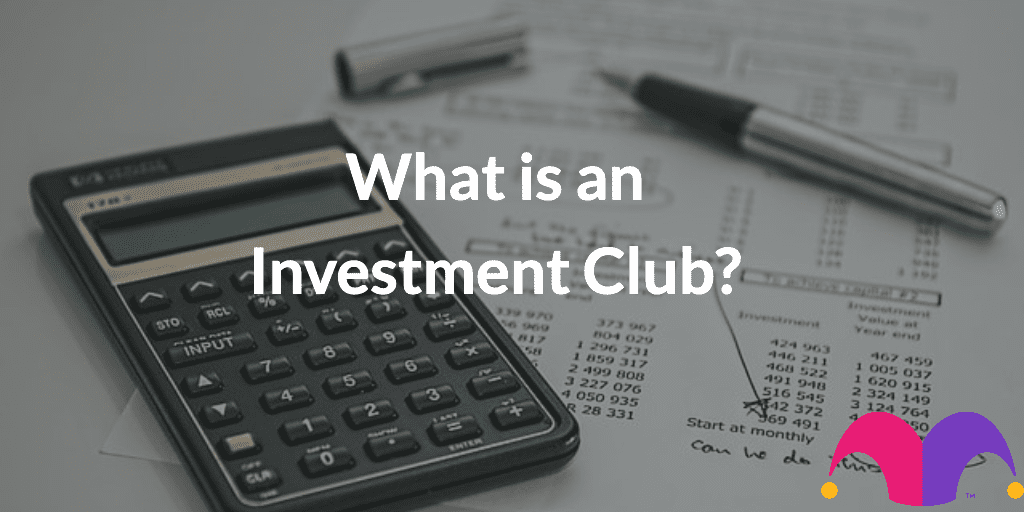An investment club is a group of individuals who join together to invest in the stock market. A club could be made up of families, neighbours, friends and colleagues at work. For many people, an investment club is their first experience of the stock market. A recent report found that around two-thirds of recent investment club recruits had never traded a share before joining the club.
The first investment clubs were set up in the UK in the 1950s, but their numbers remained quite small up until the 1990s when popularity soared.
Each month, normally at meetings, members contribute a small sum of money that is deposited in a joint account. They take turns researching and reporting on promising companies in which they might invest or companies in which the club has already invested.
Successful investment clubs focus on learning as well as doing. There’s often an education director elected and guest speakers invited. Club members seek to explore new ideas and discuss investing issues. One month a member might present her findings on the value of screening for low P/E shares. Another month, a member might report on a book he read about a great investor like Warren Buffett or Ben Graham.
In the early sessions of a club’s life, education components might be very introductory, covering how to read a balance sheet or earnings report. A year or two later, the club might be learning new ways to value shares or discussing an interview published with a successful individual investor or influential businessman.
Why participate in an Investment Club?
Still not convinced? Here’s a brief summary of why you should consider starting or joining an investment club:
- If you’re new to investing, it’s a good way to get your feet wet.
- If you’d feel more comfortable learning about investing with others than on your own, then this is for you.
- It’s a good way of putting aside a small amount each month. The average monthly contribution is £25.
- If you’ve been putting off learning about investing and sense that having a responsibility to the group would provide some much-needed discipline, than a club could help immeasurably.
- If you think it would be fun to have a group of people with whom to share company research and discuss investing topics.
- If friends have gently suggested that it would be good for you to get out of the house once in a while!
Many members eventually find that the clubs guide their own personal investing. After a while, their equity in the pooled club account may be relatively small compared with their separate personal accounts. Club meetings will offer many good ideas about attractive shares in which to invest — and while the club may buy a few shares, members often go home and buy more shares for their own accounts.
You may not have the time to research several shares each month on your own, but by participating in a club, you’ll share in the research of others and have the extra bonus of a group setting in which to discuss investing ideas and issues.
